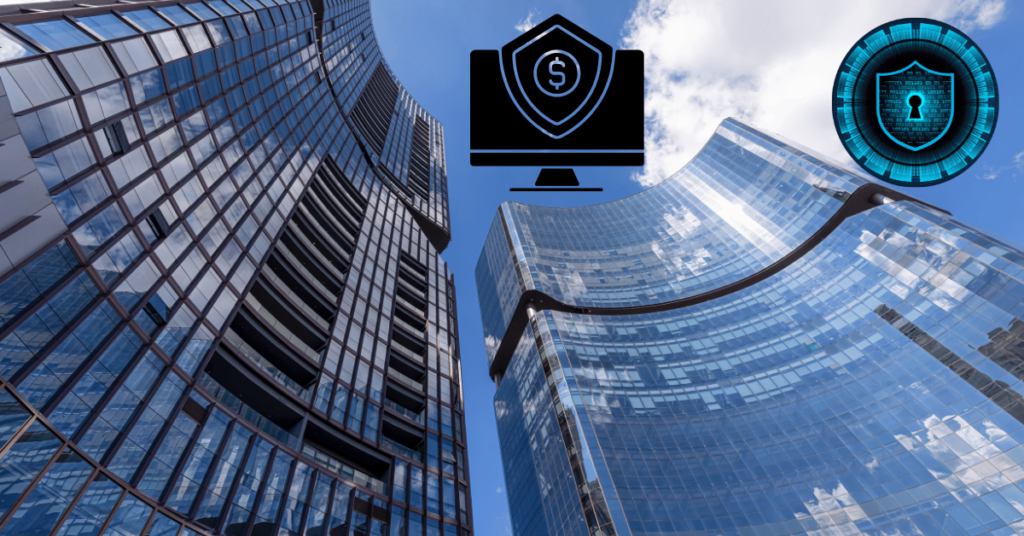The hospitality industry is increasingly reliant on technology, from online booking systems to customer relationship management software. While these advancements enhance the guest experience, they also expose hotels, restaurants, and resorts to significant cyber risks. Cyber insurance is an essential safeguard that helps hospitality businesses manage the financial implications of cyber threats and ensures the protection of sensitive guest data.
This article delves into the importance of cyber insurance for the hospitality sector, the types of coverage available, and best practices to safeguard guest information.
Why Cybersecurity Is Critical in the Hospitality Sector
The hospitality industry collects vast amounts of personal information from guests, including credit card details, identification documents, and travel history. This data is attractive to cybercriminals, making hospitality businesses prime targets for cyberattacks. Here are some reasons why cybersecurity is crucial in this sector:
- High-Volume Data Collection: Hotels and restaurants frequently handle sensitive customer data, making them attractive targets for data breaches.
- Reputation at Stake: A cyber incident can severely damage a brand’s reputation, leading to lost customers and revenue.
- Regulatory Compliance: Hospitality businesses must comply with data protection regulations like the General Data Protection Regulation (GDPR) and the Payment Card Industry Data Security Standard (PCI DSS).
- Operational Disruption: Cyber incidents can disrupt operations, affecting service delivery and customer satisfaction.
Key Cyber Insurance Coverage for Hospitality Businesses
1. Data Breach Liability
Data breach liability coverage is crucial for hospitality businesses due to the sensitive nature of the data they handle. This coverage helps manage costs associated with data breaches, including notification and legal defense.
- Scope: Covers the costs of notifying affected individuals, credit monitoring services, and legal fees.
- Example: If a hotel’s booking system is breached, this coverage helps pay for notifying guests and managing public relations.
2. Cyber Extortion and Ransomware Coverage
Ransomware attacks can paralyze hospitality operations by encrypting critical data. Cyber extortion coverage is vital for managing the fallout from such attacks.
- Scope: Covers ransom payments, negotiation costs, and expenses related to data recovery.
- Example: If a restaurant’s payment system is held hostage, this coverage assists in paying the ransom and restoring access to financial data.
3. Business Interruption Coverage
For hospitality businesses, a cyber incident can result in significant operational downtime. Business interruption coverage ensures continuity during recovery periods.
- Scope: Compensates for lost revenue and additional costs incurred while restoring operations.
- Example: If a hotel’s systems are compromised and require several days to repair, business interruption coverage helps cover lost income during this period.
4. Regulatory Defense and Fines Coverage
Compliance with data protection regulations is crucial for hospitality businesses. Regulatory defense coverage addresses fines and legal costs associated with non-compliance.
- Scope: Covers the costs of legal defense and penalties resulting from regulatory violations.
- Example: If a hotel fails to meet GDPR requirements after a data breach, this coverage helps manage legal fees and potential fines.
5. Errors and Omissions (E&O) Coverage
Errors and omissions coverage protects hospitality businesses from claims related to service failures, such as mishandling guest data or failing to secure reservations.
- Scope: Covers legal fees, settlements, and damages arising from claims against the business.
- Example: If a travel agency mishandles a customer’s booking information, E&O coverage assists with the legal costs associated with any claims.
6. Media Liability Coverage
With the rise of social media and online reviews, hospitality businesses must be cautious about their online presence. Media liability coverage protects against lawsuits arising from online content.
- Scope: Covers claims related to defamation, copyright infringement, and privacy violations in published content.
- Example: If a hotel publishes an image that infringes on copyright, media liability coverage helps address the legal ramifications.
Benefits of Cyber Insurance for Hospitality Businesses
- Financial Security: Cyber insurance protects against the substantial costs associated with data breaches, ransomware attacks, and other cyber incidents.
- Operational Resilience: With business interruption coverage, hospitality businesses can maintain operations during recovery, minimizing financial losses.
- Regulatory Compliance Support: Cyber insurance helps hospitality organizations navigate compliance requirements, reducing the risk of costly penalties.
- Enhanced Customer Trust: By demonstrating a commitment to cybersecurity through insurance, businesses can strengthen customer confidence and loyalty.
- Access to Expert Resources: Many cyber insurance policies offer access to cybersecurity experts who can assist with risk assessments and incident response planning.
Best Practices for Cybersecurity in Hospitality
- Implement Strong Access Controls: Restrict access to sensitive data and systems to authorized personnel only.
- Conduct Regular Employee Training: Educate staff on recognizing phishing attacks and following cybersecurity protocols.
- Secure Payment Systems: Use secure payment gateways and encryption to protect financial transactions.
- Regularly Update Software: Keep all systems and software up to date to protect against vulnerabilities.
- Develop an Incident Response Plan: Prepare a detailed plan for responding to cyber incidents to minimize disruption and recovery time.
FAQs
What are the main cyber risks for hospitality businesses?
Hospitality businesses face risks such as data breaches, ransomware attacks, and payment fraud, primarily due to the high volume of sensitive customer information they manage. These risks can be covered through cyber insurance!
Does cyber insurance cover ransomware attacks for hospitality businesses?
Yes, cyber insurance policies typically cover ransomware attacks, including ransom payments and data recovery expenses.
How does cyber insurance assist with regulatory compliance in hospitality?
Cyber insurance provides coverage for legal fees and fines associated with non-compliance with data protection regulations, helping businesses navigate complex legal requirements.
Is media liability coverage important for hospitality businesses?
Yes, media liability coverage is essential for protecting hospitality businesses from claims arising from online content, such as defamation or copyright infringement.
Why should hospitality businesses invest in cyber insurance?
Cyber insurance offers crucial financial protection against cyber incidents, enabling hospitality businesses to manage risks effectively and maintain trust with guests.
Conclusion
Cyber insurance is a vital component of risk management for hospitality businesses, providing protection against the growing threat of cyberattacks. By investing in comprehensive cyber insurance coverage, hospitality organizations can safeguard guest data, ensure operational continuity, and enhance their reputation in an increasingly digital landscape. As cyber threats evolve, prioritizing cybersecurity and insurance will help the hospitality industry thrive while protecting its most valuable asset—its guests.
So that was all about this article. If you have any further questions feel free to comment down below!




